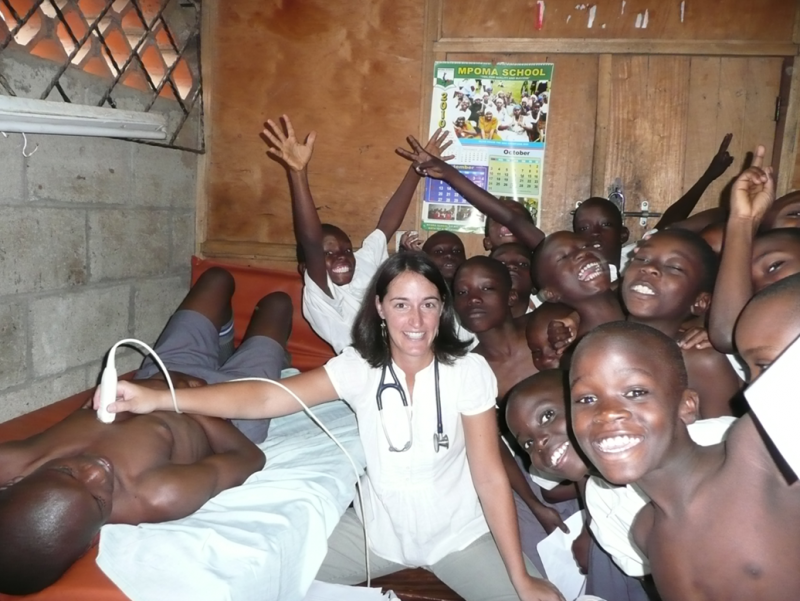
What is RHD?
Rheumatic heart disease affects children and young people living in conditions of poverty and overcrowding. Practically eliminated in wealthy countries, it is still common in Africa, Asia and the Pacific. Thirty two million people around the world suffer from the condition, which kills hundreds of thousands of people a year and is the most common acquired heart disease among children and young people in developing countries. RHD is preventable. The RHD Action movement is united to end the burden of RHD worldwide.
RHD overview
What is strep throat?
Sore throat (pharyngitis) commonly affects children and adults. Most sore throats are caused by a viral infection. Some sore throats are caused by bacterial infections – these are often known as strep throat because they are caused by group A streptococci germ. These strep throat infections cause throat pain and can lead to serious complications including rheumatic fever.
What is rheumatic fever?
Acute rheumatic fever (ARF) is an abnormal immune reaction to group A streptococcal (strep) infections. This infection often occurs in the throat and may be known as strep throat. Some researchers believe that ARF may also occur after group A streptococcal (strep) infections of the skin. The exact immune mechanism of ARF is still being studied.
What is RHD?
Rheumatic heart disease occurs when attacks of ARF cause permanent scarring and damage to the valves of the heart. Normally, heart valves help move blood through the chambers of the heart with each beat. When valves have been damaged by RHD they cannot open and close normally, causing blood to move in the wrong direction. When this happens the heart cannot pump blood effectively, causing heart failure.





